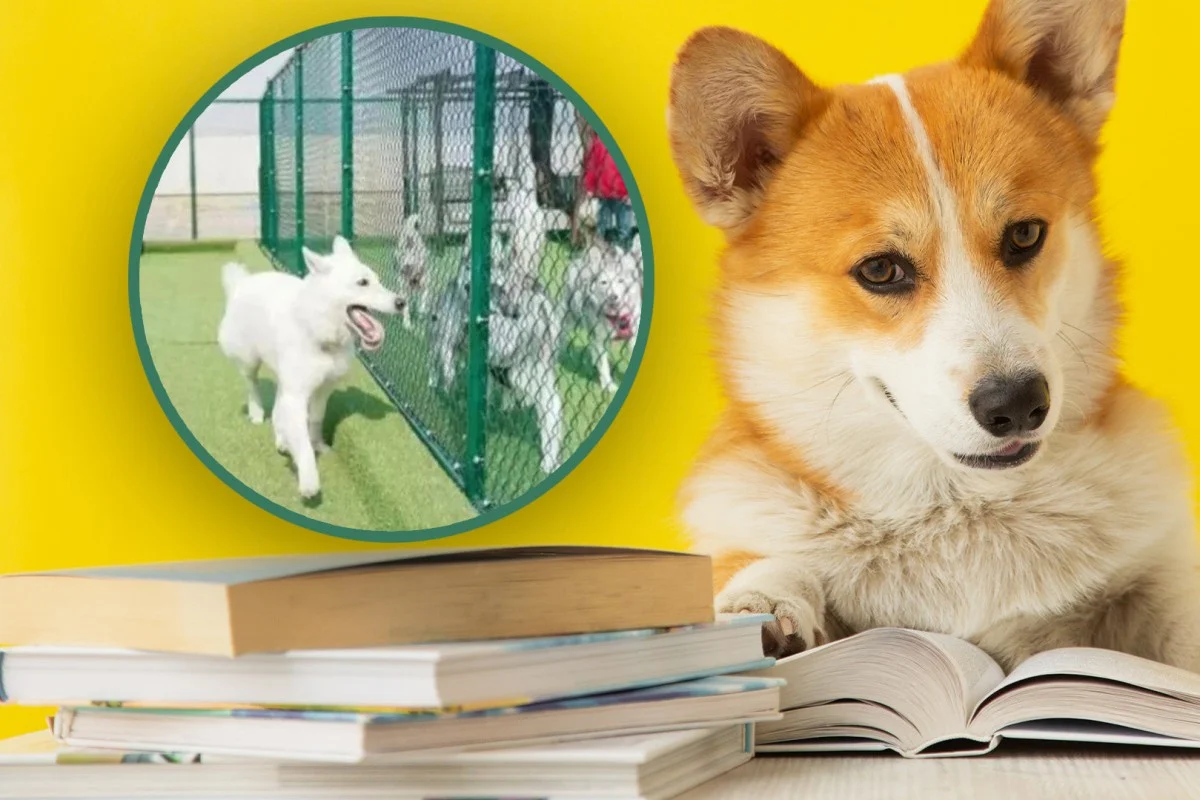July 15, 2024: Busy China Pet Owners Splurge on Animal Kindergartens
Pet owners in China are going the extra mile to ensure their furry friends receive top-notch care and training. A growing trend in the country’s pet industry has owners enrolling their animals in “kindergartens” that offer day care, etiquette training, and hobby development courses. These services come at a hefty price, but many pet owners are willing to pay for the convenience and expertise.
What Do These Kindergartens Offer?
One pet kindergarten in Beijing offers a 30-day etiquette course for 11,000 yuan (US$1,500). The program teaches pets basic commands, social skills, and impressive tricks like nodding, head shaking, bowing, ringing bells, closing doors, fetching slippers and toys, crawling, and frisbee catching. Apart from etiquette training, these kindergartens provide all-round day care, including bathing and feeding.
Why Are Pet Owners Opting for Kindergartens?
Full-time workers who struggle to balance their schedules with their pets’ needs are driving the demand for animal kindergartens. A Labrador owner who uses one of these services expressed her satisfaction, saying, “The kindergarten even bathes the dogs and sends them home clean, which makes my life much easier after work.” She also noticed her pet seemed happier playing with other dogs at the kindergarten. A Bengal cat owner shared similar reasons for using the service, stating that her busy schedule left her cat feeling lonely, and the kindergarten provided much-needed companionship.
Expertise and Specialized Care
Some pet kindergartens offer intensive one-on-one courses that provide full boarding. One such program lasts 45 days and costs 12,000 yuan (US$1,650). Other services offer day care only, with the most expensive option costing 700 yuan (US$95) per day, including pick-up and drop-off by a “school bus.” Pet owners appreciate the expertise of kindergarten teachers in training difficult animals.
Industry Growth and Public Opinion
China’s pet industry is experiencing rapid growth, with the pet economy projected to almost double by 2025. While some people online have expressed disbelief and criticism about the high costs of pet kindergartens, others see the value in investing in their pets’ well-being. One person commented, “This 11,000 yuan is well spent! When I retire in a couple of years, I plan to get a puppy and will definitely send it to learn some skills.” Another user compared the cost to their child’s summer classes, saying, “How is it more expensive than my child’s summer classes?” However, some critics argue that the trend reflects societal pressures, saying, “Now dogs have to attend training classes too? It’s not enough to push kids; now we’re pushing dogs?”
Conclusion
Busy pet owners in China are willing to spend a premium for animal kindergartens that offer specialized care, training, and socialization. As the pet industry continues to boom, it will be interesting to see if this trend spreads to other countries. For now, Chinese pet owners are reaping the benefits of these unique services, and their furry friends are enjoying the extra attention and training.



